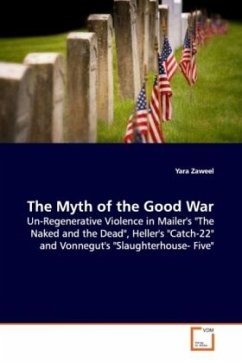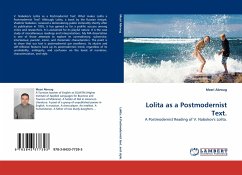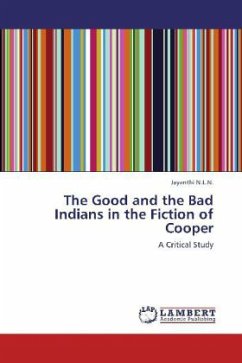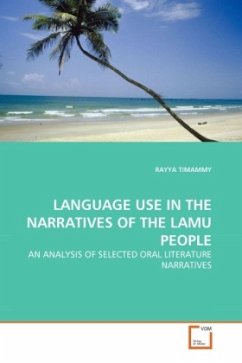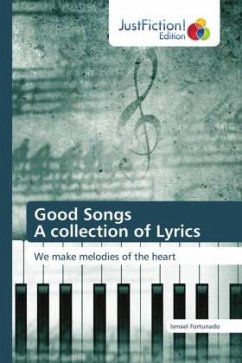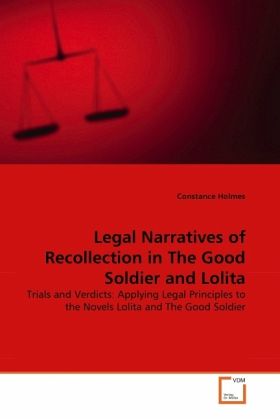
Legal Narratives of Recollection in The Good Soldier and Lolita
Trials and Verdicts: Applying Legal Principles to the Novels Lolita and The Good Soldier
Versandkostenfrei!
Versandfertig in 6-10 Tagen
45,99 €
inkl. MwSt.

PAYBACK Punkte
23 °P sammeln!
Ford Maddox Ford's The Good Soldier and Vladimir Nabokov's Lolita are analyzed by a lawyer and a literary scholar using legal principles that are applied to literary artifacts. These two modern novels position themselves as renderings of legal proceedings, the written memoriam of metaphorical trials conducted by first-person narrators who alternatively function as Plaintiff's counsel, Defense counsel, and finally as witnesses to the events of the story. All of these personae reveal evidence and testimony of the central characters who recollect legal events and develop moral questions. Thus the...
Ford Maddox Ford's The Good Soldier and Vladimir Nabokov's Lolita are analyzed by a lawyer and a literary scholar using legal principles that are applied to literary artifacts. These two modern novels position themselves as renderings of legal proceedings, the written memoriam of metaphorical trials conducted by first-person narrators who alternatively function as Plaintiff's counsel, Defense counsel, and finally as witnesses to the events of the story. All of these personae reveal evidence and testimony of the central characters who recollect legal events and develop moral questions. Thus these narrations are the court record, from which there is no appeal, culminating in not only arguments about guilt and innocence of the central characters, but also demanding a moral judgment be rendered by the reader of the behaviors and values of the societies which these authors critique in their novels. Law and literature is an emerging offshoot of longstanding schools of literary criticism. Both novels are usefully analyzed in the milieu of Modernism's unique dynamics, a time when legal principles were emerging to take their place in modern life as we know it today.



